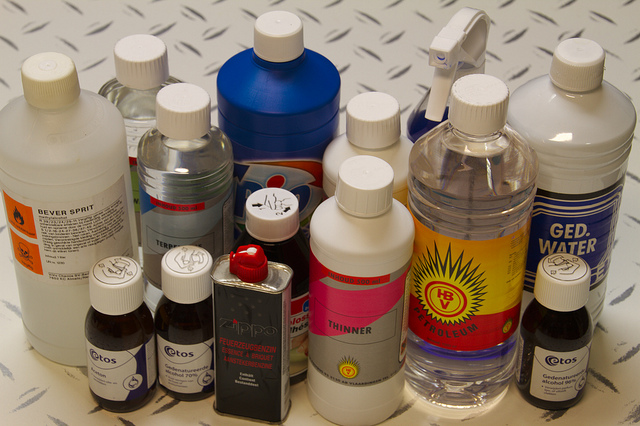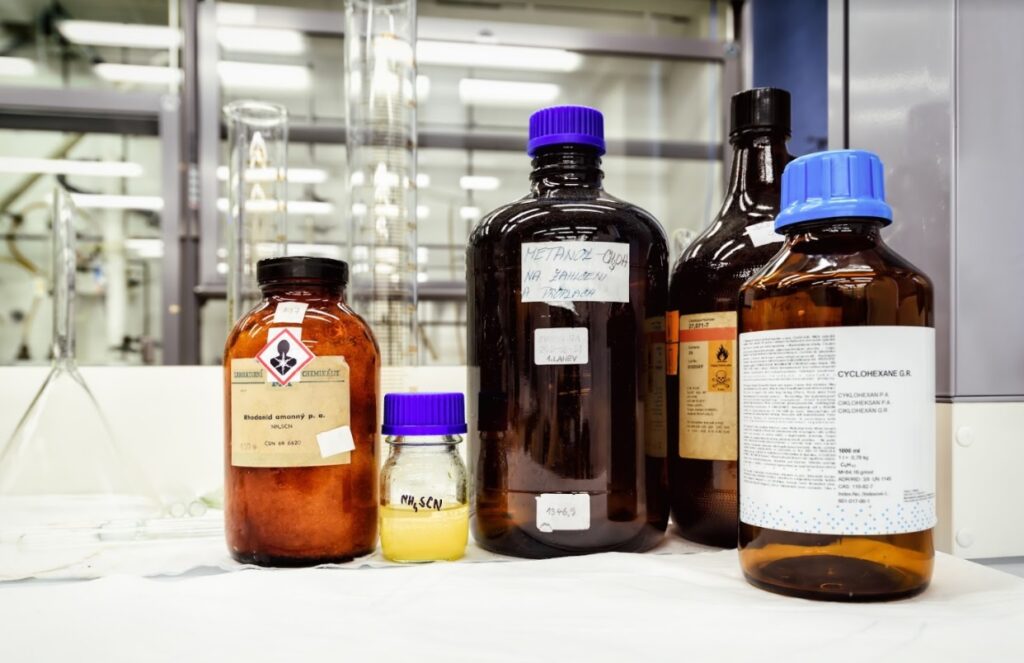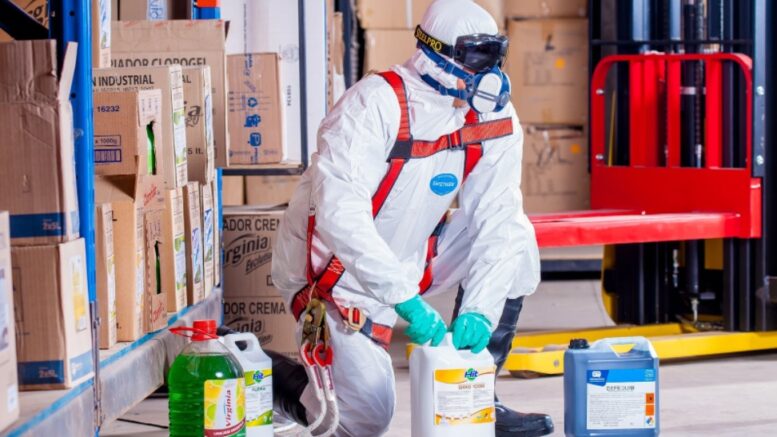It’s a well-known fact that everyday products like laundry detergent and antifreeze contain chemicals that can harm human health. But did you know that many other household products can be dangerous too? Toxic chemicals, for example, are found in pesticides and general cleaning items. In addition, some household chemicals are so hazardous that they are banned in some countries but still allowed in others due to different regulations.
Household Chemicals Are Harmful To Human Health?
There’s no denying that you use chemicals and toxins in your everyday lives. Most of them are safe and vital to our survival, but daily exposures to chemicals can have harmful effects on your health. Even the products you use to protect your health can be hazardous. For example, you might use mosquito repellent to kill the bugs that could give you Dengue fever or Malaria, but the chemicals used are also dangerous for humans. Of course, you must take precautions that lessen the impact, but they are still harmful nonetheless. So what are some everyday household items that could cause potential health risks?
Hazardous Household Products
The products you use every day can pose severe risks to various parts of your body if mishandled. Inhaling or ingesting any of these products should be addressed immediately. Ensure that the bottle is kept, so paramedics will know what to do if there is an emergency. Nevertheless, they are needed to keep your home clean or your products working efficiently.

Paraquat
You may have heard of pesticides, but many people are confused about the term “paraquat.” So, what exactly is paraquat? It’s a chemical that can be used on crops and land to enhance their growth. Paraquat is sold as an herbicide and marketed as a safe way to kill weeds in crops. It is also used to kill weeds in parks and golf courses.
Unfortunately, there are reports of irreversible lung damage and other bodily tissues being harmed by this chemical due to its commercial use. Moreover, it has been proven to cause Parkinson’s disease. Because manufacturers have repeatedly failed to warn their customers of this effect, many victims have turned to a paraquat lawsuit lawyer to help them find justice. As a broad-spectrum herbicide and pesticide banned throughout the European Union, the US EPA classifies it as a “probable human carcinogen.” That means its use is regulated, and every time a farmer sprays it, the EPA requires a risk assessment before it is used.
Nevertheless, even with repeated warnings, many manufacturers have willfully ignored the plight they have caused and continue to sell it. The herbicide is used primarily on corn and soybeans and on a wide variety of other crops, including cotton, rice, sorghum, alfalfa, sunflowers, and wheat. This means that most general households will not come into contact directly. However, there is a possibility that you might indirectly suffer if you live near a farm growing those particular crops. If you are among those suffering from Parkinson’s and suspect the role of the said herbicide, consult a paraquat Parkinson’s lawsuit without thinking twice.

Antifreeze
This is a solution used to prevent the freezing of water and to prevent corrosion from occurring on engines, but you may not have heard the name of the fluid. Antifreeze is also called ethylene glycol, and it is commonly found in antifreeze, power steering fluid, radiator fluid, brake fluid, and windshield washer fluid. The primary function of this fluid is to prevent the metal parts of the engine from freezing up.
The dangerous part of this substance is the ethylene glycol which can become carcinogenic when inhaled. However, the main danger comes from ingestion which can cause severe issues for your heart, brain, kidney, and other internal organs. While it might not be as dangerous as some of the other chemicals on the list, it only takes a minimal amount to start causing havoc. If you ingest some by accident, you should immediately contact poison control.
Chemical Drain Cleaners
People often find that their drains are clogged up with hair and other debris from all over the house. Chemicals are used to clean out these blocked drains. Chemicals are used to dissolve residues and fats inside the drains, causing the blockages to be loosened. The chemical drain cleaners loosen the blockages by dissolving grease and other materials and get rid of foul odors and stagnant water. You can buy various brands of these chemical unblockers from most hardware stores, but they can also prove to be incredibly dangerous. Chemicals like lye and hydrochloric acid are used in the making of liquid drain cleaners. Drain cleaning mixtures contain active ingredients that dissolve hair, food, and other obstructions in drains. As you might imagine, powerful chemicals can also damage a person’s body in the same way that they break down blockages. Throat, nasal, and eye irritation can be caused by just the fumes. This cleaner causes severe rashes and chemical burns when it gets into contact with skin.
Bleach
Commercial bleach is a chemical used for killing bacteria, viruses, fungi, algae, and other microbes present in water, air, or food, and it is sometimes used in industrial processes.
Bleach is a potent and versatile household product. Its many uses range from removing staining on clothes and countertops to killing weeds. However, the bleach in your local grocery store may not be the same as the bleach you use for laundry, and the product you buy online may be significantly weaker than the one you use for eradicating a driveway stain. Whatever version of bleach you use can be harmful if mishandled. In a similar way to drain cleaners, getting it on your skin can cause severe irritation and even chemical burning. However, the real danger comes when you inhale the fumes or ingest them. The fumes alone are enough to trigger asthma attacks and cause chronic breathing difficulties from corroding your lungs.
Conclusion
While you might use any one of these chemicals in your everyday lives, they are undoubtedly dangerous. From irritating your skin to causing long-term medical problems like cancer, they should all be handled with care. If you accidentally ingest or touch them, please seek urgent medical attention.
